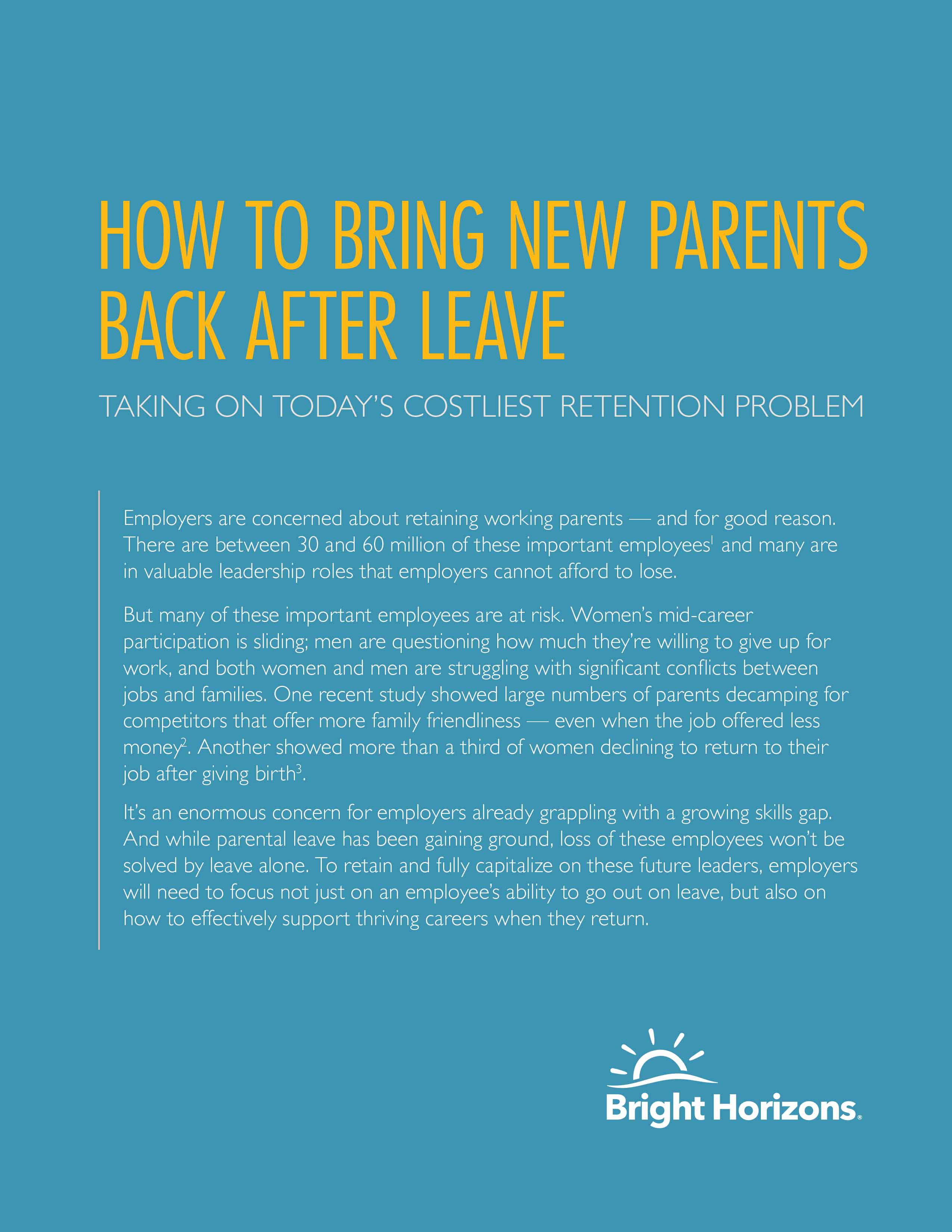Some believe that while work-life balance is still a myth for Baby Boomers, it's a reality for Millennials.
Now as a Millennial myself and someone who does a lot of research into the truths behind generational differences, I have to disagree.
Although Millennials have insisted on work-life balance more than previous generations, that in no way means they're actually achieving it. Still, work-life balance is more important to Millennials than leadership opportunities, gaining a sense of meaning from their work, and the quality of the company's products or services. Millennials are now having children and moving into managerial roles, and are finding out what their predecessors already know that work-life balance is hard to realize.
Adding to the challenges, Millennials are much more likely than Boomers to have a spouse or partner who also works full-time (78% vs. 44%).
To me, work-life balance isn't the exclusive domain of one generation or another, but a matter of one's individual situation and choices. The decisions to work in a specific field, get married, have children, take a promotion, move away from family, or switch jobs or careers all affect work-life balance. In fact, the term itself sets one up for failure.
So it's up to us to make the best work-life choices for ourselves and our families, and when the choice is out of our control, to have the support systems necessary to ride out the wave.
To help employees handle the ebbs and flows of work-life challenges, organizations should take certain steps:
Because even as Millennials are still figuring out this work-life balance thing, as Boomers did before them, they're more adamant than their predecessors about making it work. And when work overtakes life, what will facilitate the job part of the equation is the support to ensure that families are taken care of. And those coveted Millennials will gravitate to organizations that offer that support.
Now as a Millennial myself and someone who does a lot of research into the truths behind generational differences, I have to disagree.
Although Millennials have insisted on work-life balance more than previous generations, that in no way means they're actually achieving it. Still, work-life balance is more important to Millennials than leadership opportunities, gaining a sense of meaning from their work, and the quality of the company's products or services. Millennials are now having children and moving into managerial roles, and are finding out what their predecessors already know that work-life balance is hard to realize.
The Changing Needs of Millennials at Work
In fact, a study by EY found that U.S. Millennial parents who are managers are facing many familiar work-life challenges: "finding time for me" was the most prevalent (76%), followed by "getting enough sleep" and "managing personal and professional life" (67%).Adding to the challenges, Millennials are much more likely than Boomers to have a spouse or partner who also works full-time (78% vs. 44%).
To me, work-life balance isn't the exclusive domain of one generation or another, but a matter of one's individual situation and choices. The decisions to work in a specific field, get married, have children, take a promotion, move away from family, or switch jobs or careers all affect work-life balance. In fact, the term itself sets one up for failure.
Steps for Helping Millennials Manage Work-Life Challenges
Work-life balance implies a static condition where one devotes equal energy to both work and home. But in reality, life is dynamic and unpredictable, making it impossible to achieve balance all if any of the time.So it's up to us to make the best work-life choices for ourselves and our families, and when the choice is out of our control, to have the support systems necessary to ride out the wave.
To help employees handle the ebbs and flows of work-life challenges, organizations should take certain steps:
- Offer flexible work arrangements such as the ability to work from home or leave work early when necessary
- Make sure supervisors are supportive and recognize all responsibilities equally
- Provide access to amenities such as child care, a fitness center, relocation benefits that facilitate what might otherwise be difficult challenges
Because even as Millennials are still figuring out this work-life balance thing, as Boomers did before them, they're more adamant than their predecessors about making it work. And when work overtakes life, what will facilitate the job part of the equation is the support to ensure that families are taken care of. And those coveted Millennials will gravitate to organizations that offer that support.





